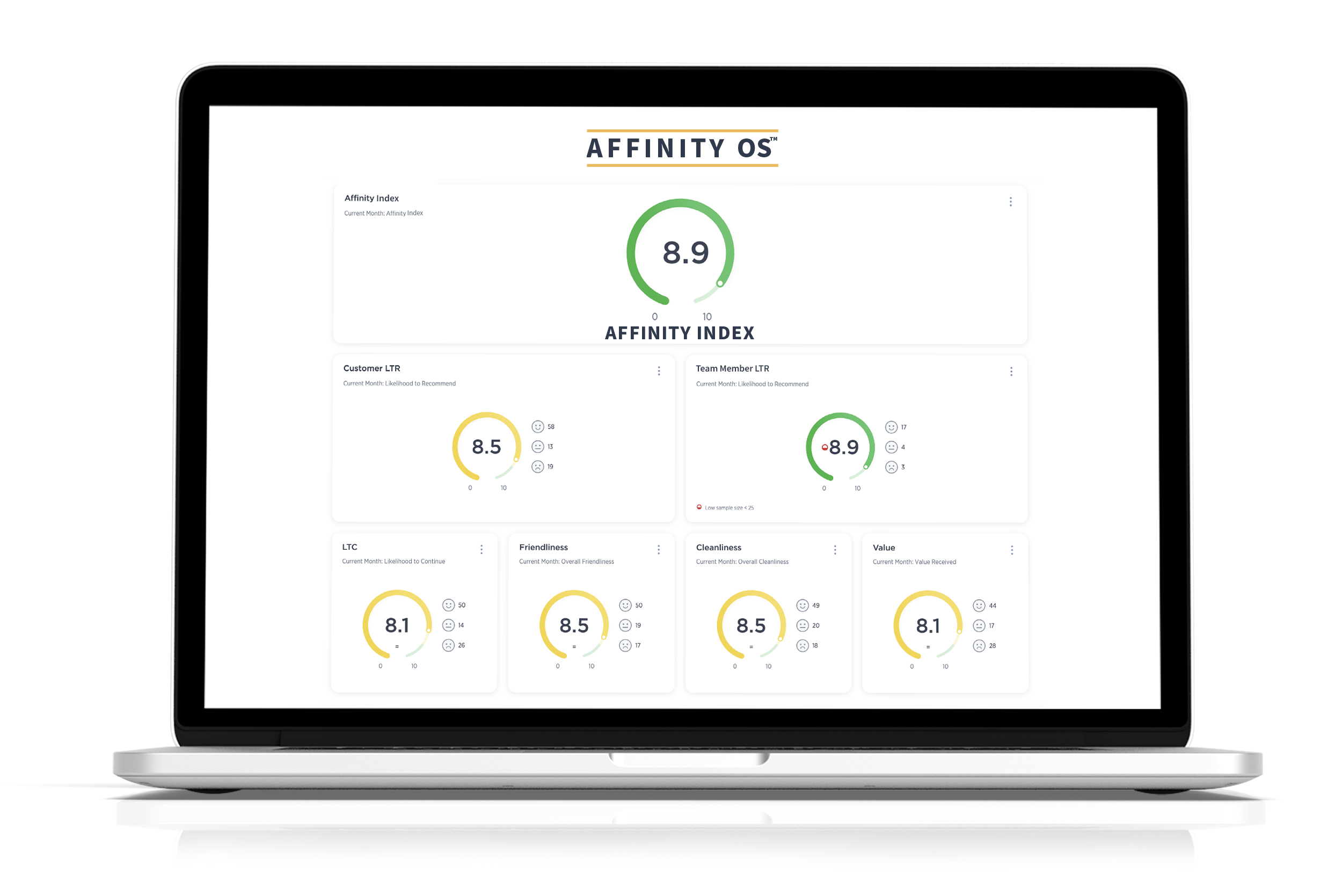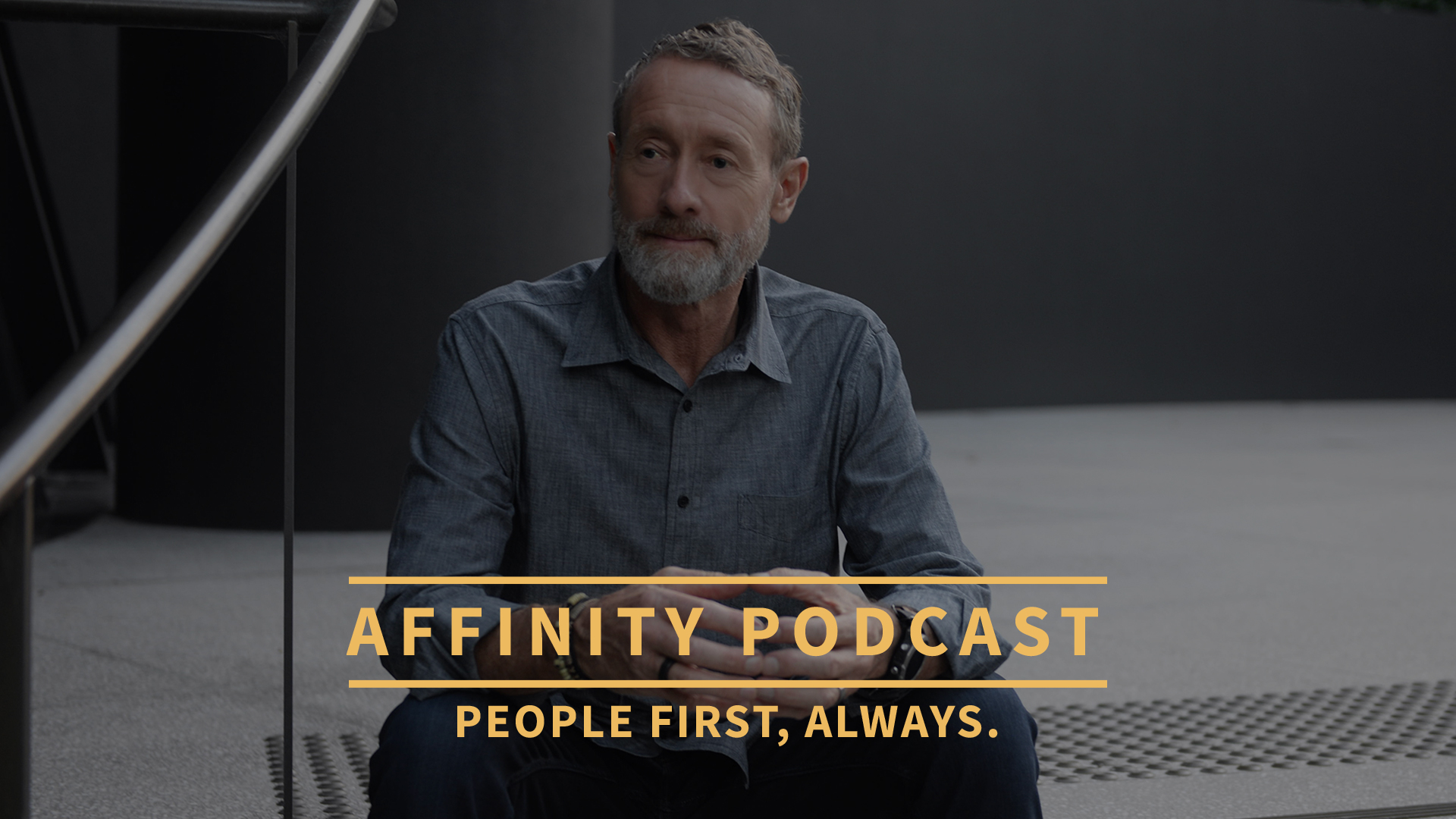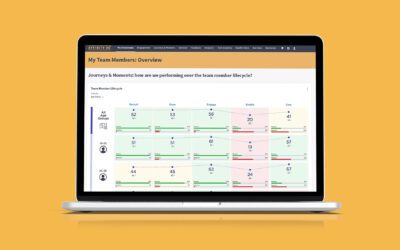6 Traditional Predictors of Consumer Behavior Rendered Obsolete


Grant Ian Gamble is a best-selling mindful leadership author and speaker. He has over 30 years of experience in leading teams to create innovative customer experiences, building engaged workforces, and developing leaders who prioritize mindfulness in their approach.
In an era where consumer behavior changes at lightning speed, traditional methods of predicting these behaviors are quickly becoming obsolete. The intricate dynamics of the market, influenced by generational shifts and rapid technological advancements, demand a more sophisticated approach to understanding consumer preferences. This article delves into how traditional market segmentation, financial metrics, and trend analysis no longer suffice in the face of evolving consumer demands.
We explore the limitations of relying solely on data, the inadequacy of traditional sentiment analysis, and the diminishing relevance of delayed survey results. Highlighting the critical role of AI systems like AFFINITY OS™, we demonstrate how these advanced tools are indispensable for capturing real-time, nuanced shifts in consumer sentiment. This is more than an evolution; it’s a revolution in understanding market trends, where AI’s predictive prowess is not just beneficial but essential for businesses to stay agile, relevant, and ahead in a rapidly changing consumer landscape.
- Market segmentation is so rapidly changing that identifying preferences in real time becomes impossible without relying on systems, such as AI, to quantify and qualify the changes.
– This is a top priority for leaders as it directly impacts their ability to target and serve their market effectively.
- Financial metrics act as lag indicators, reflecting the outcomes of past actions and decisions rather than providing insight into future trends and market shifts.
– Financials are critical metrics, but understanding their limitations is crucial for future planning.
- Trend Analysis based on historical data does not detect emerging trends that aren’t reflected in historical data.
– Recognizing the limitations of historical data is key to anticipating and adapting to market changes.
- Reliance on ‘data only feedback’ misses contextual and causative nuances that drive behavior.
– While data is crucial, understanding its limitations in capturing the full picture is important for informed decision-making. Adding sentiment to this data gives context and direction for action.
- Traditional sentiment analysis, done through manual surveys or focus groups, is unable to process contextual feedback in real time.
– As real-time insights become more important, the limitations of traditional sentiment analysis are an escalating concern.
- Surveys not conducted in real time are obsolete before the findings are published.
– Traditional data gathering techniques, based on monthly or annual surveys, lose relevance given the rate of change in consumer preferences.
The rate of change In consumer behavior has accelerated dramatically, influenced significantly by generational shifts and the rapid advancement of technology. Traditional predictors of consumer behavior are being outpaced by the speed at which tastes and trends evolve. This swift transformation is driven by the diverse expectations of different generations, from Baby Boomers to Generation Z, each bringing their unique set of values, experiences, and technological fluency.
In this context, the role of AI systems, like AFFINITY OS, becomes not just beneficial but essential. These advanced AI platforms are adept at identifying and interpreting the nuanced and often subtle indicators of changing consumer sentiment and preferences. Unlike conventional market research tools, AI systems like AFFINITY OS can process vast amounts of data from a multitude of sources in real-time, offering businesses crucial lead indicators, and the ability to mine that data for demographic and geographic trends and anomalies across a portfolio. This capability enables companies to stay ahead of the curve, adapting their strategies and offerings to align with the shifting consumer landscape.
As we move forward, the reliance on AI to navigate and anticipate these changes has become essential to business strategy. The agility and predictive power of AI systems like AFFINITY OS are vital in a world where understanding and responding to consumer preferences quickly is not just an advantage, but a necessity for staying relevant and competitive.

 Interested in learning more about how to transform your organization’s approach to team member engagement and customer experience? Reach out to our team at AFFINITY OS, specialists in AI-driven customer and team member engagement optimization.
Interested in learning more about how to transform your organization’s approach to team member engagement and customer experience? Reach out to our team at AFFINITY OS, specialists in AI-driven customer and team member engagement optimization.

Dive into the heart of exceptional leadership and customer-centric success with AOS Academy. Our certification courses, guided by the “PEOPLE FIRST, ALWAYS” mantra, are designed to support professionals as mindful, effective leaders and service providers.
By integrating key insights from Grant Ian Gamble’s best-selling mindful leadership book, “The Affinity Principle”, we focus on nurturing people-centric cultures of empathy, effective communication, and customer service excellence.
The AOS Academy is more than just training – it’s a journey towards personal and professional transformation, ensuring every interaction and decision is rooted in understanding and valuing people first.

AFFINITY Podcast EPISODE 10 | Collecting and Leveraging eNPS for a People-Centric Culture, Mindful Leadership, Talent Development and Talent Retention

Put PEOPLE FIRST, ALWAYS and watch your business flourish.
Dive deep into the latest trends in customer experience and team engagement, mindful leadership and management. Discover practical tools and strategies that you can use to build a people-centric culture, the foundation for sustainable long-term business growth and success.
Led by mindful leadership expert, Grant Ian Gamble, a best-selling author and true visionary with over 30 years of experience in leading teams to create innovative customer experiences, building engaged, inspired and fulfilled workforces, and developing leaders who prioritize genuine connection in their approach.
The guiding principle behind all of Grant’s work is PEOPLE FIRST, ALWAYS.
More Articles:
2024 Global and Regional Fitness Industry Trends
2024 Global and Regional Fitness and Wellness Industry Trends Grant Ian Gamble is a best-selling mindful leadership author and speaker. He has over 30 years of experience in leading teams to create innovative customer experiences, building engaged workforces, and...
Designing Fitness and Wellness Programs for Diverse Demographics
In the ever-evolving landscape of fitness and wellness, one size certainly does not fit all. As an advocate for holistic health, I’ve seen firsthand the transformative power of fitness and wellness programs tailored to meet the unique needs of diverse demographics. The key to success in this dynamic industry lies in recognizing and embracing the rich tapestry of human diversity – from age and ability to cultural backgrounds and personal preferences.
5 Reasons to Incorporate AI into Your Feedback Systems
Traditional data analysis methods typically focus on quantitative metrics, which can miss the nuances of human emotion and sentiment. AI-driven platforms, however, can parse immense amounts of data and text to go beyond mere numbers, offering a more holistic and insightful analysis.
The integration of AI systems like AFFINITY OS™ in understanding Team Member and Customer feedback and perceptions has revolutionized how companies approach feedback systems. Here are 5 reasons you should consider incorporating AI in your feedback analysis:
Fill out the form below and receive a PDF download of "6 Key Strategies to Engage Untapped Fitness and Wellness Market Segments"
Please check your email for a link to your PDF download of "6 Key Strategies to Engage Untapped Fitness and Wellness Market Segments." Don't forget to check your Spam or Promotions folder and add Grant Ian Gamble to your email contacts.
Let's Connect!
CUSTOMER EXPERIENCE, TEAM ENGAGEMENT & WORKPLACE WELL-BEING: AFFINITY OS™ | WELLNESS INTEGRATION | MINDFUL LEADERSHIP: "THE AFFINITY PRINCIPLE"
0475 866 592

The Affinity Principle™ by Grant Gamble presents a formula for business success through a people-centric, mindful leadership approach.
PEOPLE FIRST, ALWAYS.








